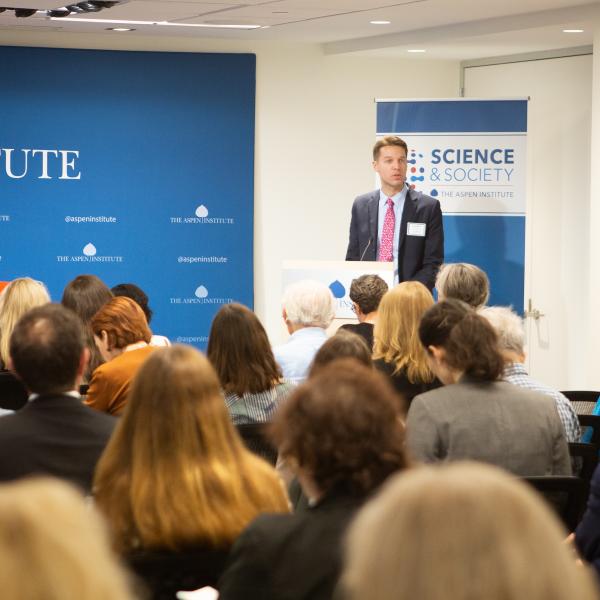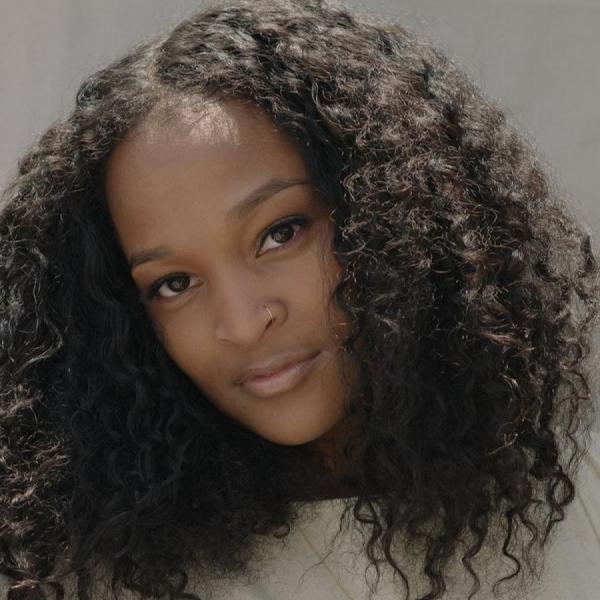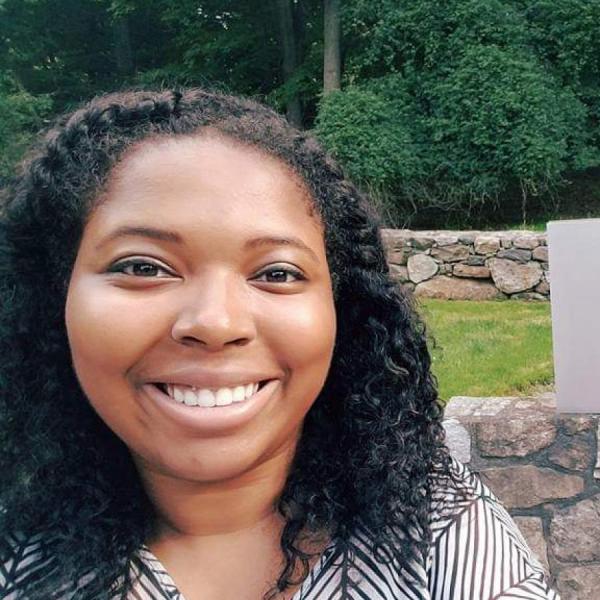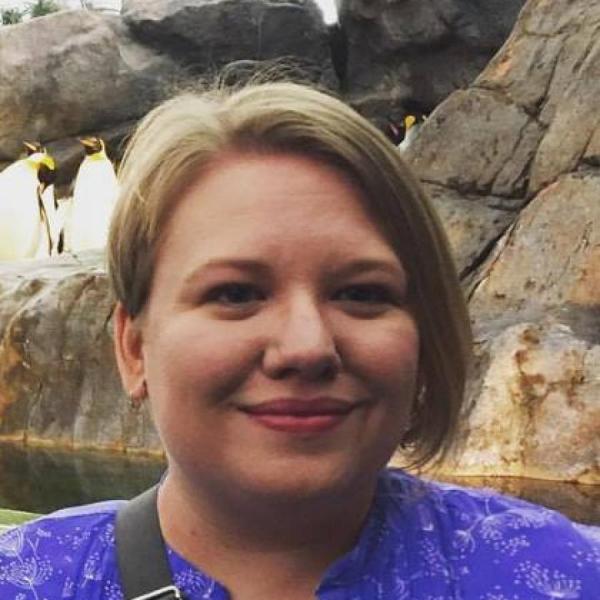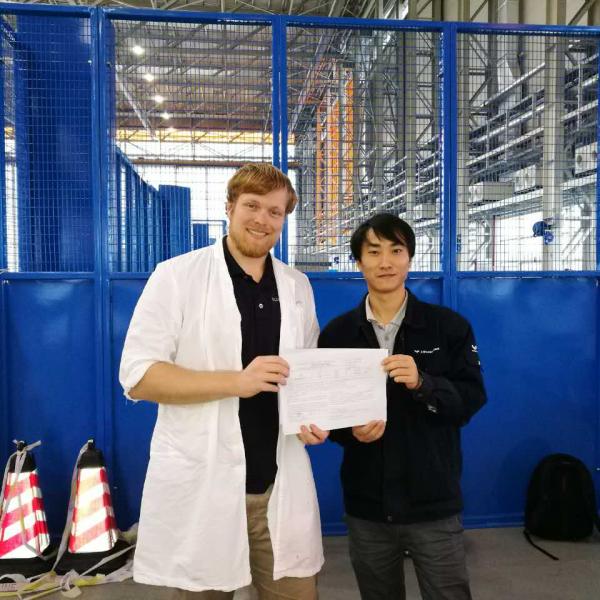Outstanding Faculty
Renowned for their work, dedicated to teaching
At Washington University, you can develop your intellectual passion with the encouragement and guidance of some of the leading humanists in the world. WashU combines the world-class faculty expertise of a research university with the dedication to teaching and small class sizes more often associated with liberal arts colleges. Take classes with a Guggenheim fellow, learn poetry from a National Book Award-winning writer, or collaborate with a faculty expert on your own research project. In any of our humanities fields, you'll find respected scholars and beloved teachers.
Browse our departments to meet them and see their achievements.
Cross-Disciplinary Study
Explore the intersections between fields.
Topics of study in the humanities — documenting social inequality, studying religious groups’ secular interactions, translating literature — encourage multidisciplinary perspectives. On your way to earning a minor in medical humanities, for example, you can take courses in biomedical ethics, the history of the body, contemporary women’s health, and religion and healing. Students in majors such as African and African Amerian studies, American culture studies, international and area studies, and women, gender, and sexuality studies tackle questions that overlap several humanistic and social science disciplines.
Or you can make new connections across disciplines and branch into unexplored areas through your own research!
Experiences Beyond the Classroom
The humanities take you across the world.
At WashU, there are so many opportunities to take your humanities studies into the world. Our students study history, literature, and languages in study abroad programs across four continents. Our Overseas Programs office excels at sending students to locations all over the globe to study and spend time immersed in the languages, cultures, and locations that inspire them. The Kemper Art Museum's student educators program gives students the opportunity to facilitate active conversations about artworks and exhibitions with visitors of all ages. You can also join practicums and groups that take you into the community and city of St. Louis as well as other regions.
Student Research
Find the answers to the questions that drive you and add knowledge to your field.
At WashU we don't want you just to listen to what our faculty have to say. We want you to add to the knowledge available in the field you're passionate about. We celebrate the creation of knowledge from all of our communities. Completing a thesis project is often part of pursuing a major in the humanities at WashU. Our students dig into archival research, analyze primary sources, and collaborate with faculty and fellow students in preparing and presenting cutting-edge research. Recent examples of student research include a study of the relationship between the Wu-Tang Clan and black nationalist religious organizations based in New York City and a historical analysis of industrial pollution in Sauget, Illinois.
There are multiple ways for you to pursue research that interests you through one-on-one faculty mentorship. Check out the following opportunities:
The Humanities Digital Workshop
The Interdisciplinary Project in the Humanities
Mellon Mays Undergraduate Fellowship
Merle Kling Undergraduate Honors Fellowship
Office of Undergraduate Research


